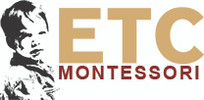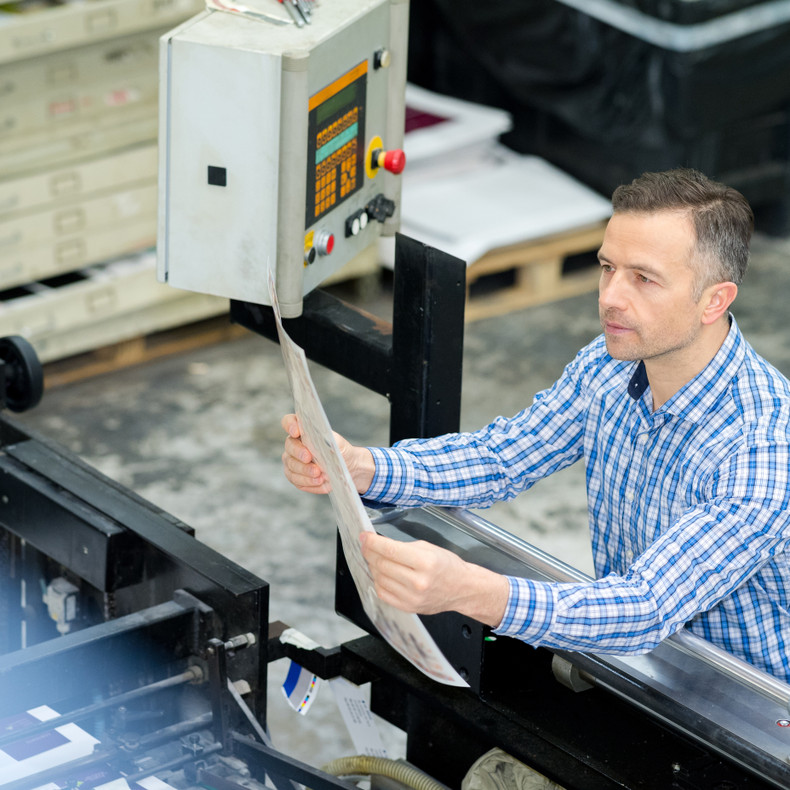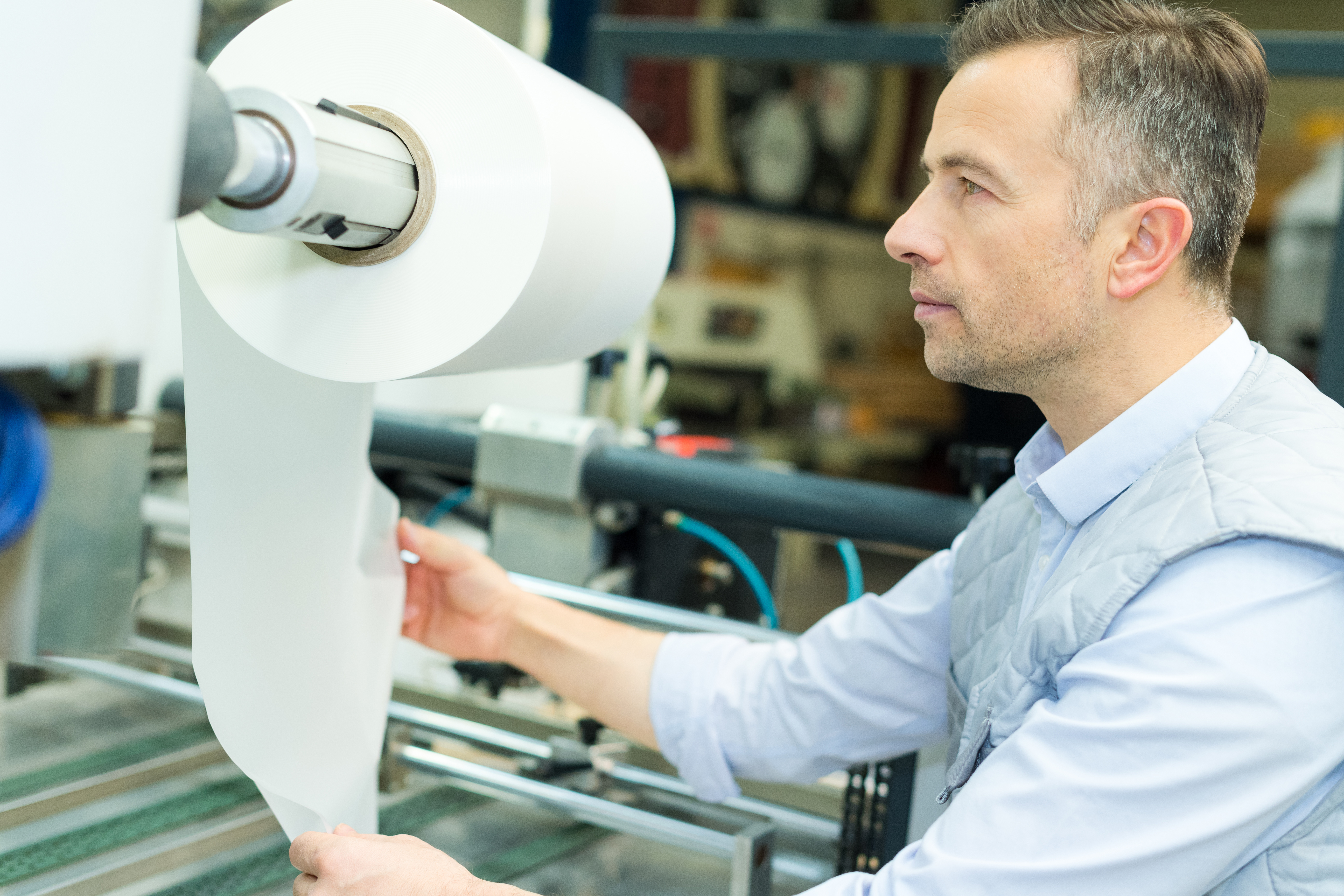
Embracing Sustainable Practices: The Advantages of the ETC Thick Plastic in Educational Materials
In the realm of educational resources, the use of sustainable and environmentally friendly materials is not just a trend but a necessity. Our thick plastic emerges as a revolutionary product, aligning with the values of sustainability and efficiency. This article explores the multifaceted benefits of using the ETC thick plastic, particularly in contrast to traditional lamination methods, highlighting its contribution to an eco-friendlier educational environment.
Renewable Energy and Waste Reduction
Our plastic sets itself apart by incorporating 45% renewable energy in its manufacturing process. This significant use of renewable resources marks a step towards reducing the carbon footprint of educational materials. In addition to this, it integrates 30% post-industrial waste in its composition. By diverting these materials from landfills, our plastic production process not only recycles waste but also mitigates the environmental impact associated with waste disposal.
Lighter Weight, Lower Costs
The innovative cavitated core construction of our plastic contributes to its lighter weight. This reduced weight, decreasing plastic use by over 30% per sheet compared to similar products, presents multiple advantages. Firstly, it lowers shipping expenses per case, making it a cost-effective choice for educational institutions. Furthermore, the lighter weight reduces the environmental impact of transportation, aligning with sustainable logistics practices.
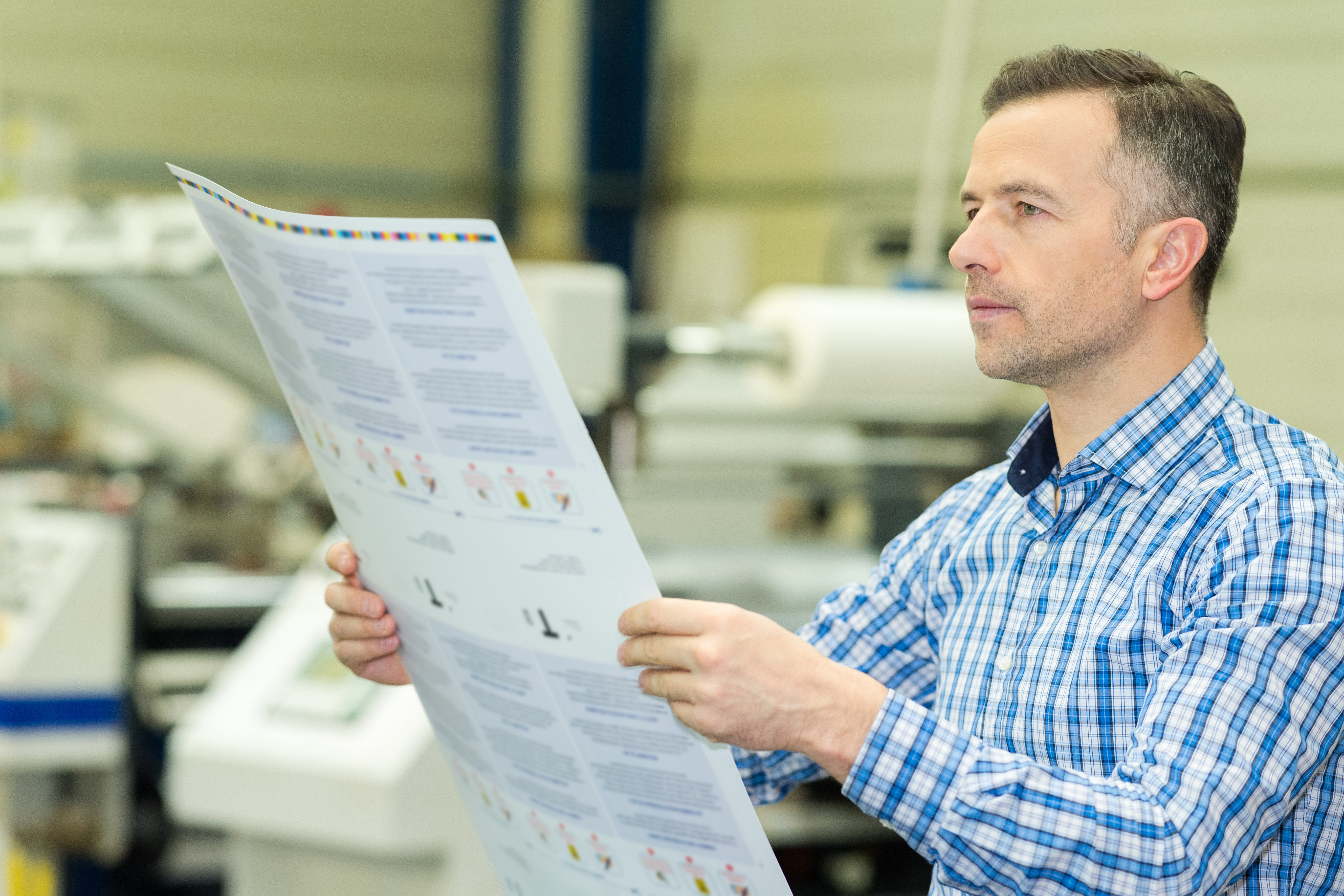
Avoiding Lamination: A Sustainable Shift
Traditional lamination involves applying a plastic film over paper-based materials, a process that is not only resource-intensive but often non-recyclable. ETC's plastic offers a compelling alternative. Its durable nature eliminates the need for lamination, reducing the consumption of plastic films and adhesives, which are typically non-biodegradable and contribute to environmental pollution. There is also significant gain in cost that is also associated with the time spent inthe lamination and cutting and trimming process.
PVC-Free and Recyclable
Another significant aspect of our plastic is its PVC-free composition. Polyvinyl Chloride (PVC) is known for its harmful environmental and health impacts, including the release of toxic chemicals during production and disposal. By being PVC-free, our material ensures a safer option for both the environment and the users, particularly children in educational settings.
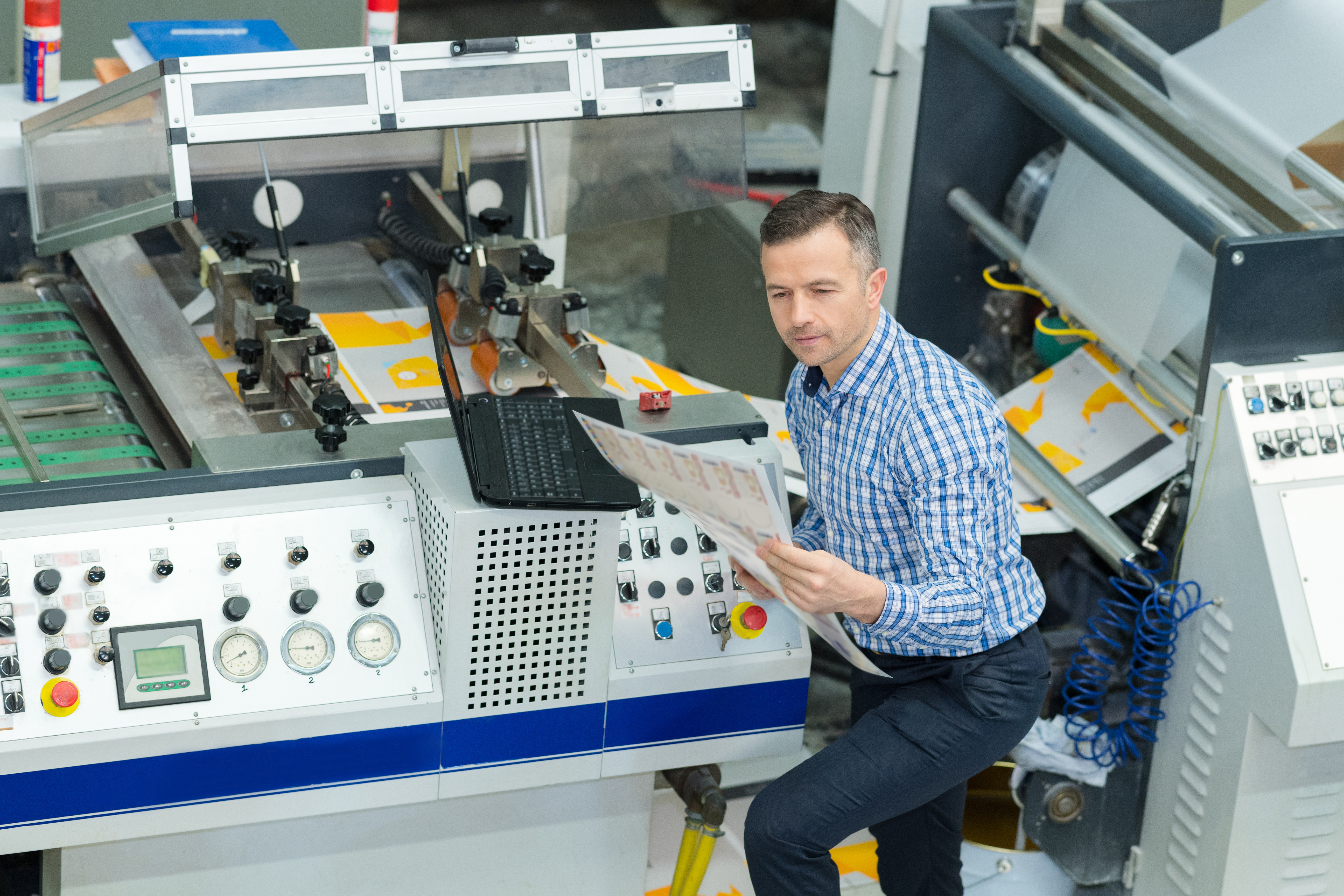
Contributing to a Closed-Loop System
Our plastic stands out as 100% recyclable, endorsing a closed-loop system. This means that the product can be recycled at the end of its life cycle, reducing the need for new raw materials and minimizing waste. In a world where sustainable practices are increasingly crucial, our plastic provides an exemplary model for environmentally conscious educational resources.
The adoption of the ETC Montessori's plastic in educational settings offers a plethora of benefits. From its use of renewable energy and waste reduction to its lightweight and recyclable nature, our material represents a significant advancement in sustainable practices. By choosing ETC Montessori's plastic over traditional lamination, educational institutions can actively contribute to a healthier environment, while also enjoying cost-effective and efficient solutions. Embracing such innovative and eco-friendly products is a step forward in nurturing a sustainable future.

